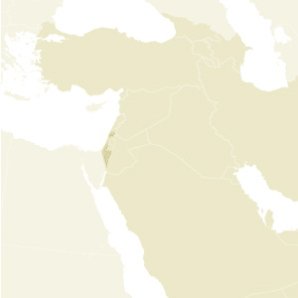The Palestinian elections planned for this summer are characterized by the uncertainty as to the correlation of forces between Al Fatah and Hamas. With the implicit encouragement of the Israelis and westerners who usually advocate for a democratization of the Palestinian Authority, Al Fatah is toying with the idea of postponing the elections to maintain its influence.
Yasser Arafat had managed to accommodate a heterogeneous group of Palestinians in Al Fatah but, after the physical disappearance of Arafat, it is now becoming a label invoked by politicians to enhance their credibility. Its main problem is that Al Fatah fails to find its position: is it a political party or a liberation movement? Hamas, for its part, has not been affected by the loss of political support. It is an armed movement but one that has a defined political program. Its goal is establishing an Islamic state but it refuses to impose it on the Palestinians or to attack them. Hamas began its violent activities attacking Israeli soldiers and settlers but later extended them to included attacks against civilians saying it was as retaliation for Israel’s attacks against Palestinian civilians.
Hamas has always believed the peace process would fail and it betted in the exasperation of the Palestinian population. Today, the withdrawal from Gaza shows that the armed struggle is effective. In front of the increasing influence of this party Mahmud Abbas tried to integrate it - something very difficult but the only choice. This is the alternative that should prevail. The future will depend on the way in which Hamas and Al Fatah re-define their identity.
“ Now Hamas must come into its own ”, by Hussein Agha and Robert Malley, The Guardian, May 18, 2005.
 Articles by this author
Articles by this author

















Stay In Touch
Follow us on social networks
Subscribe to weekly newsletter